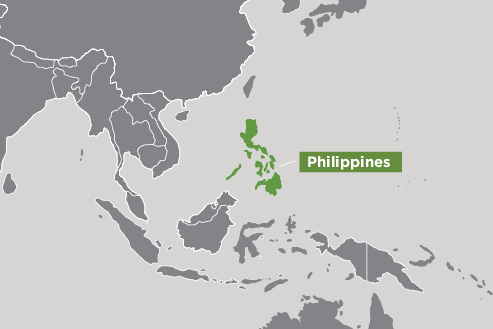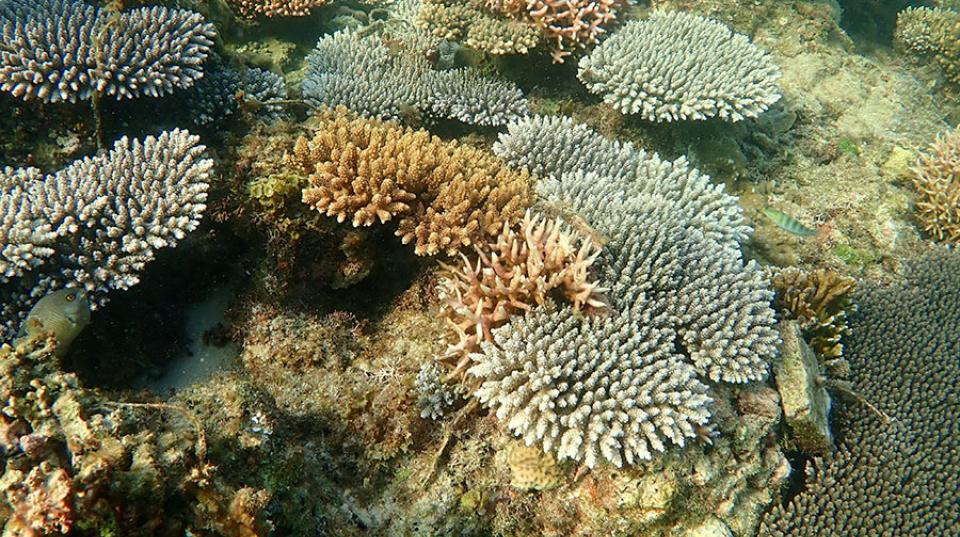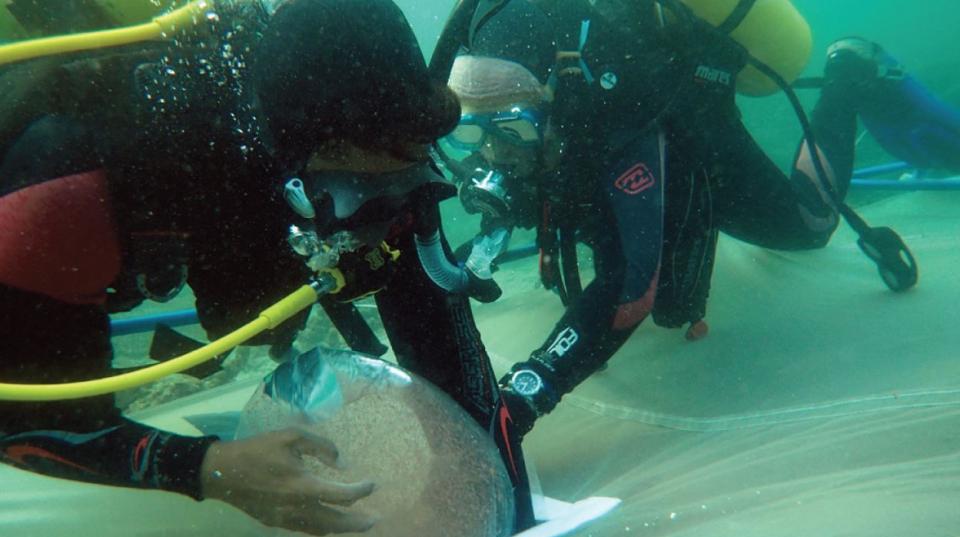Overview
This Project aims to significantly increase the scale, efficiency, resilience and sustainability of coral and fish habitat restoration interventions on degraded reef areas by establishing coral restoration networks with communities and local government units and innovative techniques to rapidly reverse declining coral and fish assemblages and restore essential reef ecosystem services in four regions of the Philippines.
This research is a priority for both the Philippines and Australia. These countries have some of the largest coral reef areas globally, and their reefs are increasingly threatened by chronic human impacts interacting with changing climate-ocean systems and marine heatwaves. The Philippines has 1.4 million hectares of degraded reefs, one of the highest areas of threatened reefs globally, and coral cover on Australian reefs is also declining significantly with more than 50% decline in coral cover recorded on the Great Barrier Reef prior to the recent marine heatwaves and mass coral bleaching events in 2016, 2017 and 2020. Therefore, both nations urgently require research partnerships to effectively restore and sustainably manage corals and fish resources at larger regional scales.
Project outcomes
- Restoration of more heat-tolerant coral communities and fish habitats on kilometre-scale areas of degraded reefs in four regions.
- Enhanced coral-photosymbiont partnerships to increase coral survival, growth, stress-resistance and community resilience in response to climate change.
- Innovative technology to increase the efficiency of larger-scale reef restoration and monitoring of success.
- Increased breeding success and larval dispersal to reefs downcurrent, and increased fish abundance in ‘spill-over’ areas able to be fished.
- Increased community, government and other stakeholder awareness and knowledge of the ecological and socio-economic importance of conservation and sustained protection of restored reef ecosystems through capacity-building training.
- Development of active reef restoration networks among the research partners and stakeholders in four regions promoting improved restoration techniques from this project, and more sustainable management of restored reef areas.






